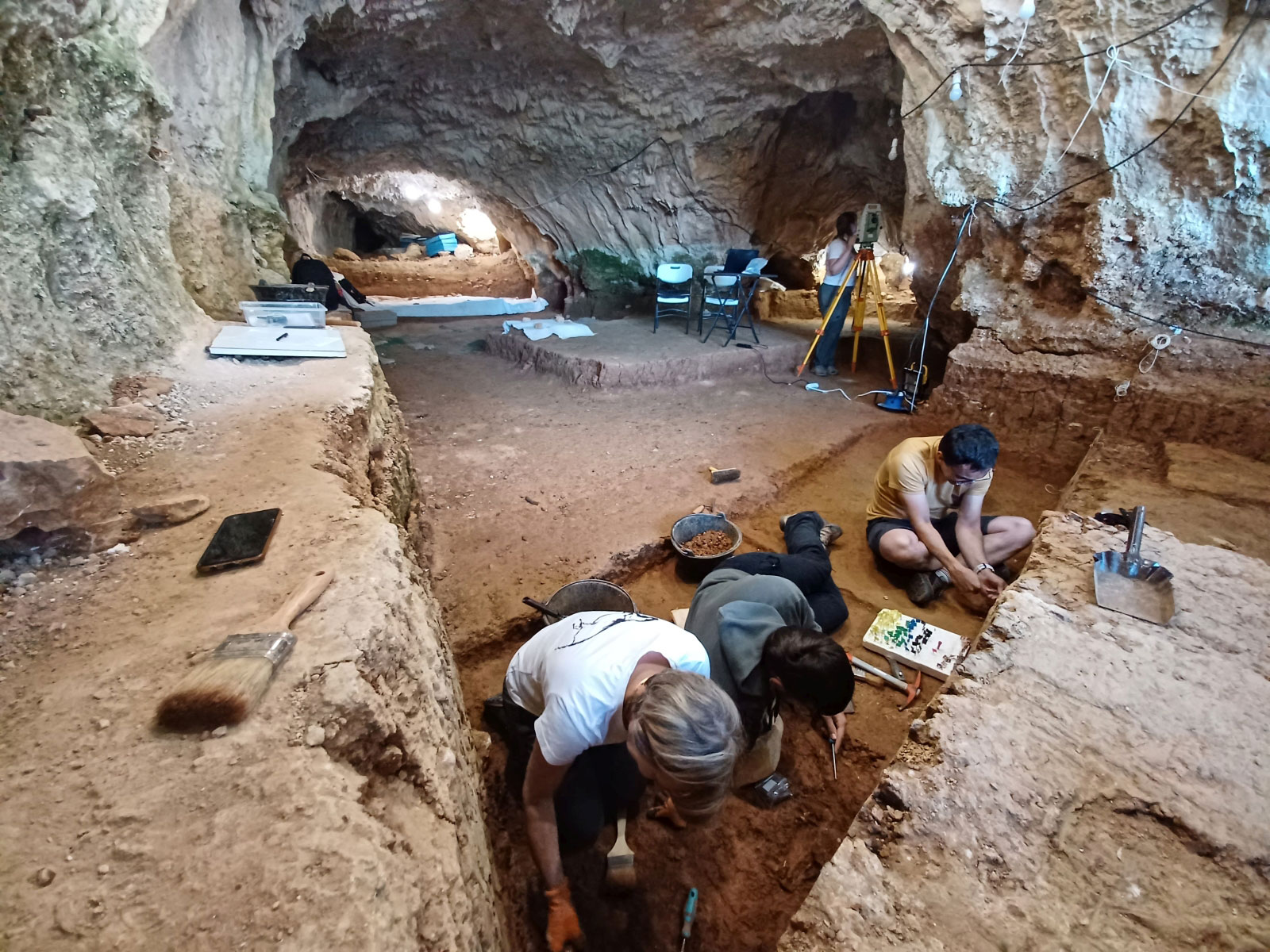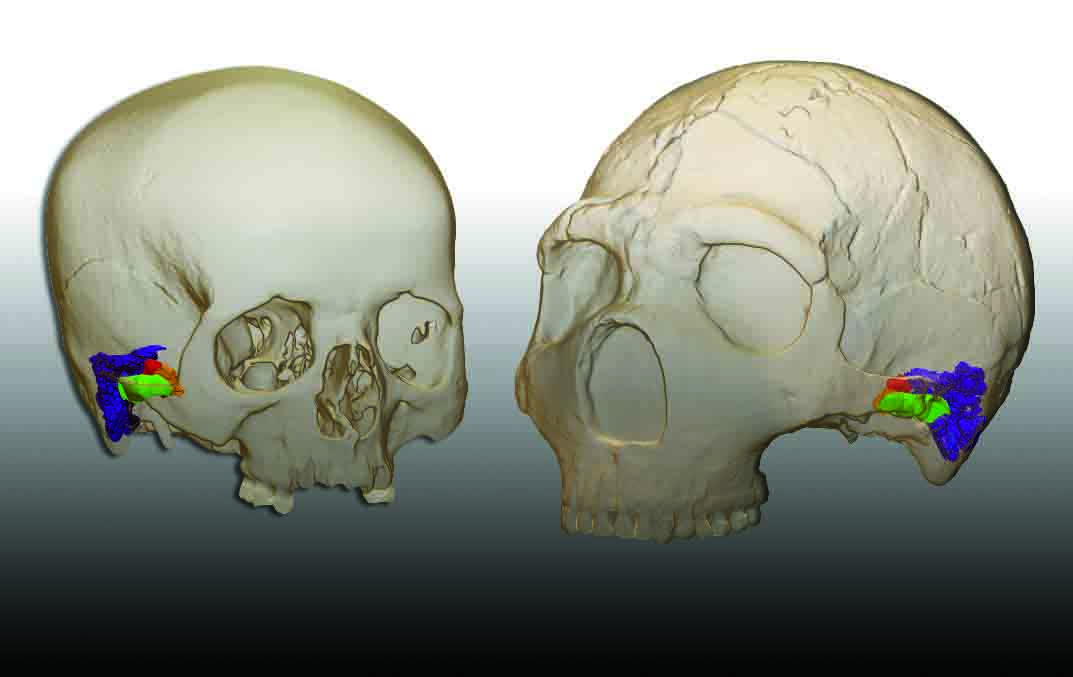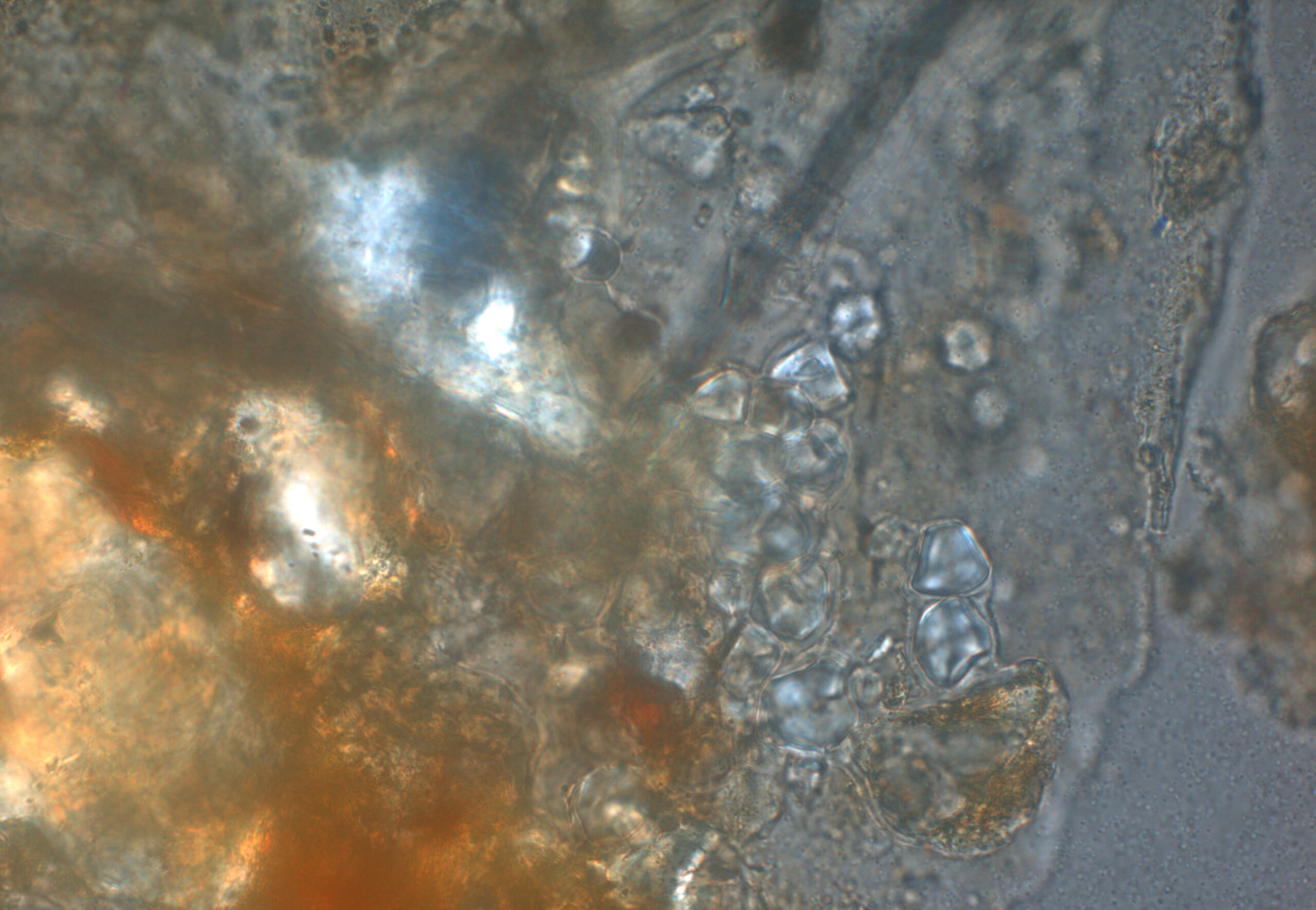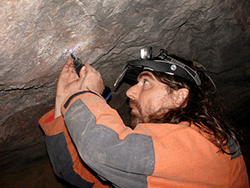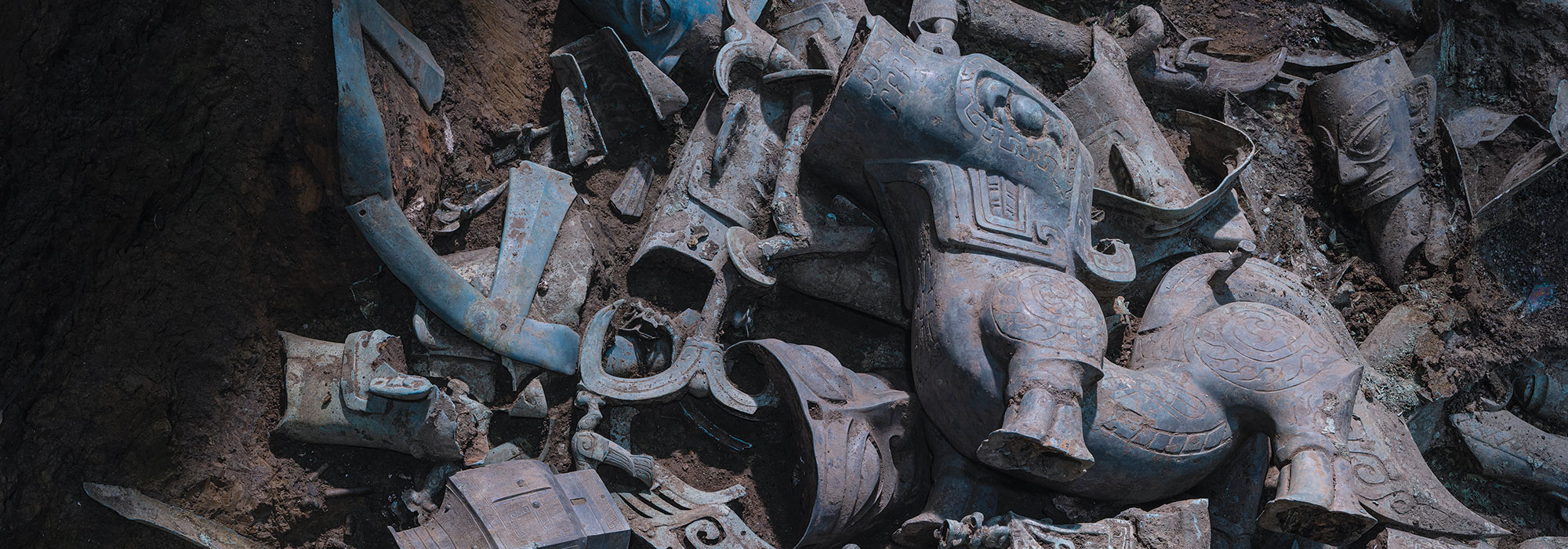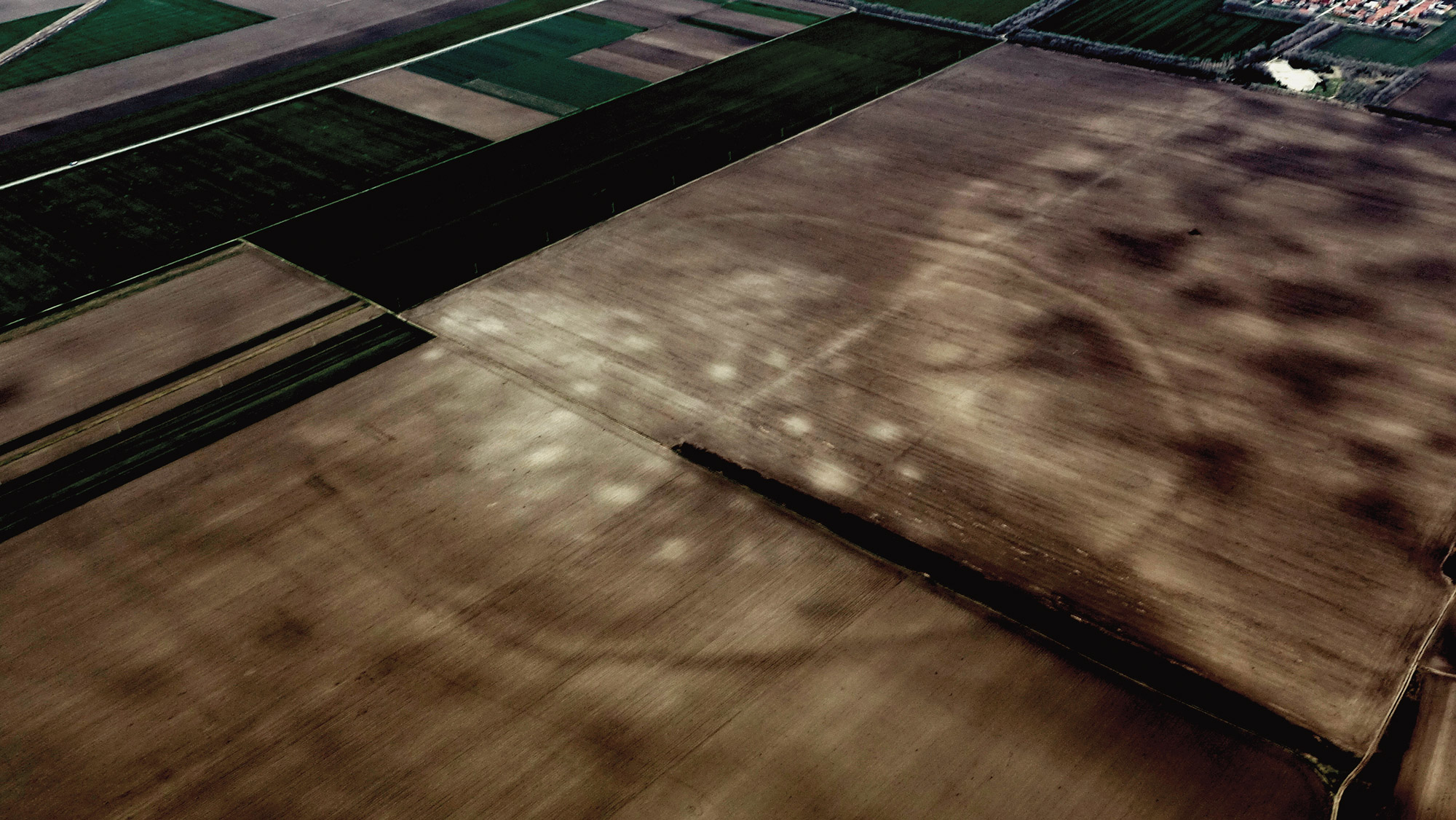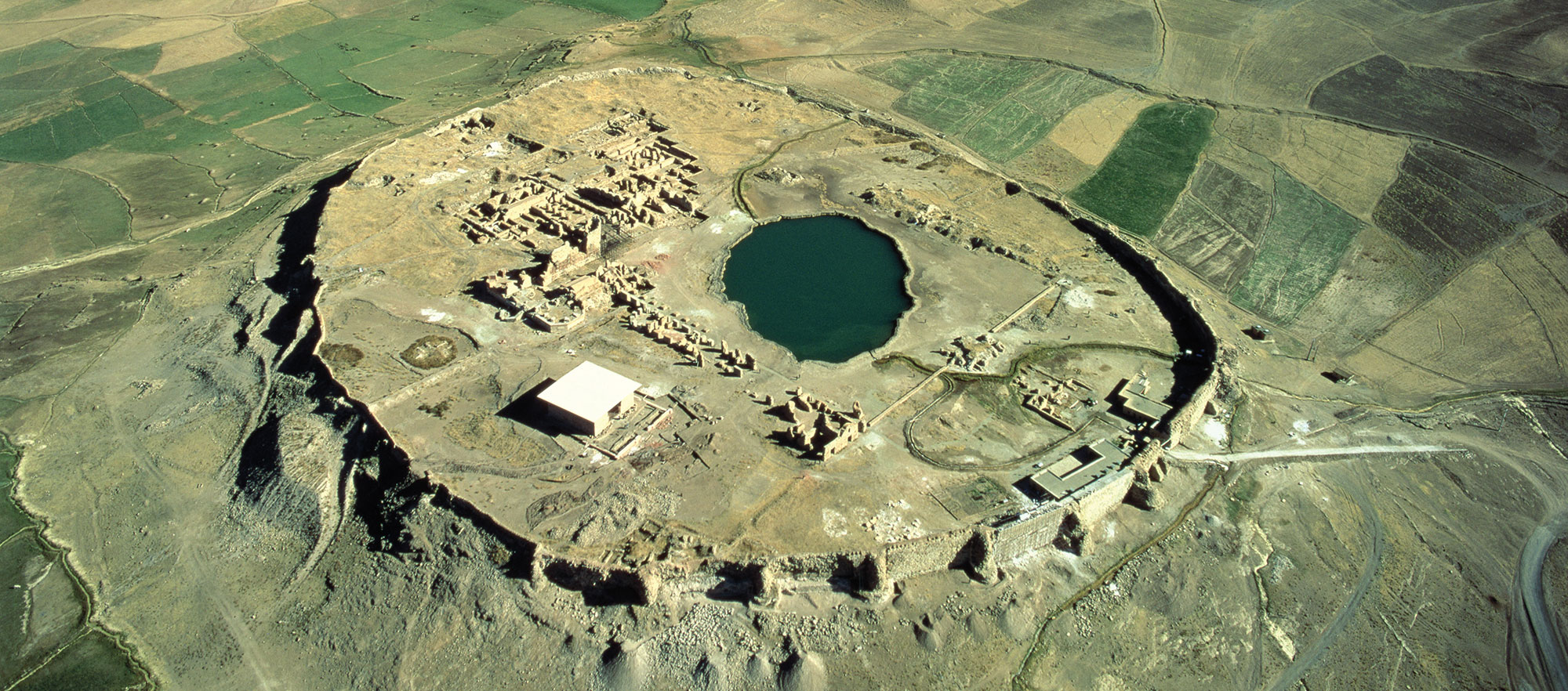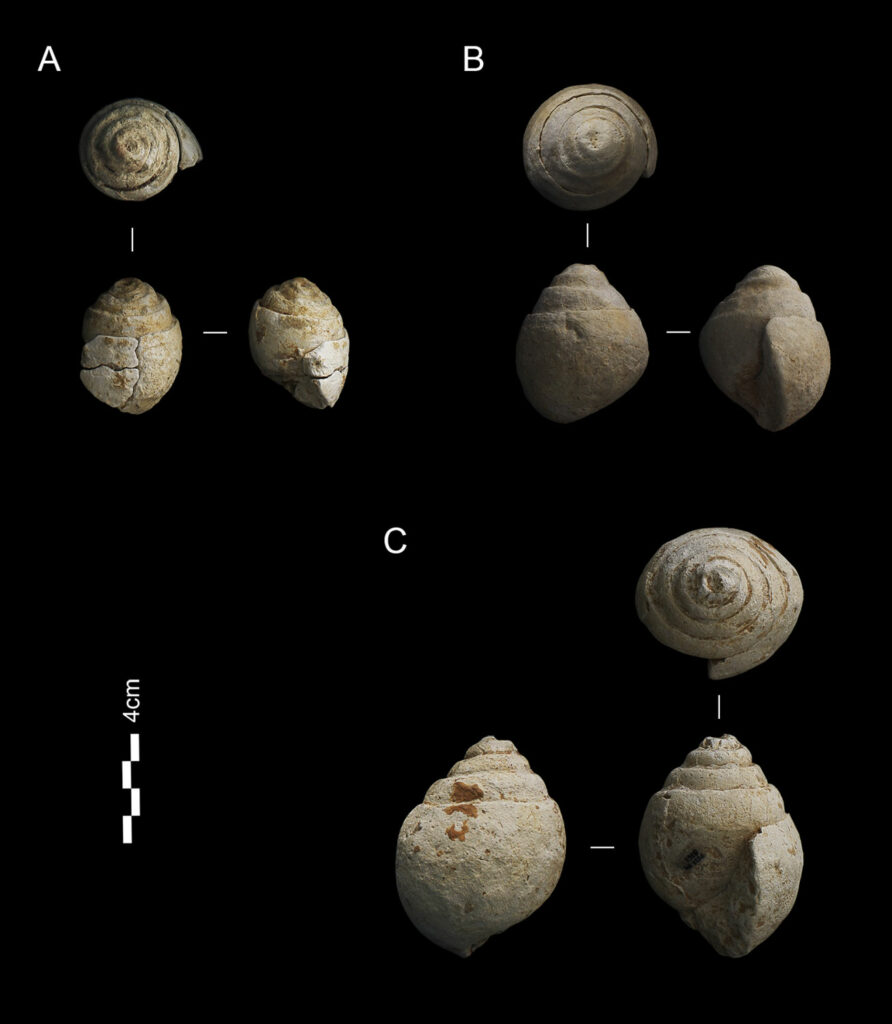
BURGOS, SPAIN—A collection of 15 marine fossils has been found in northern Spain’s Prado Vargas Cave, which was occupied by Neanderthals, according to an IFL Science report. The deposit has been dated to between 39,800 and 54,600 years ago, before modern humans lived in the region, by a team of researchers led by Marta Navazo Ruiz of the University of Burgos. Collecting is understood to reflect abstract thought, indicating the fossils may be evidence of an artistic interest or curiosity about nature among Neanderthals, she explained. The scientists suggest that the fossils may have been gathered by Neanderthal children, just as modern human children often collect seashells and other small objects. Read the original scholarly article about this research in Quaternary. To read about a study of hominin remains from a site in Spain's Atapuerca Mountains, go to "Neanderthal Hearing."


